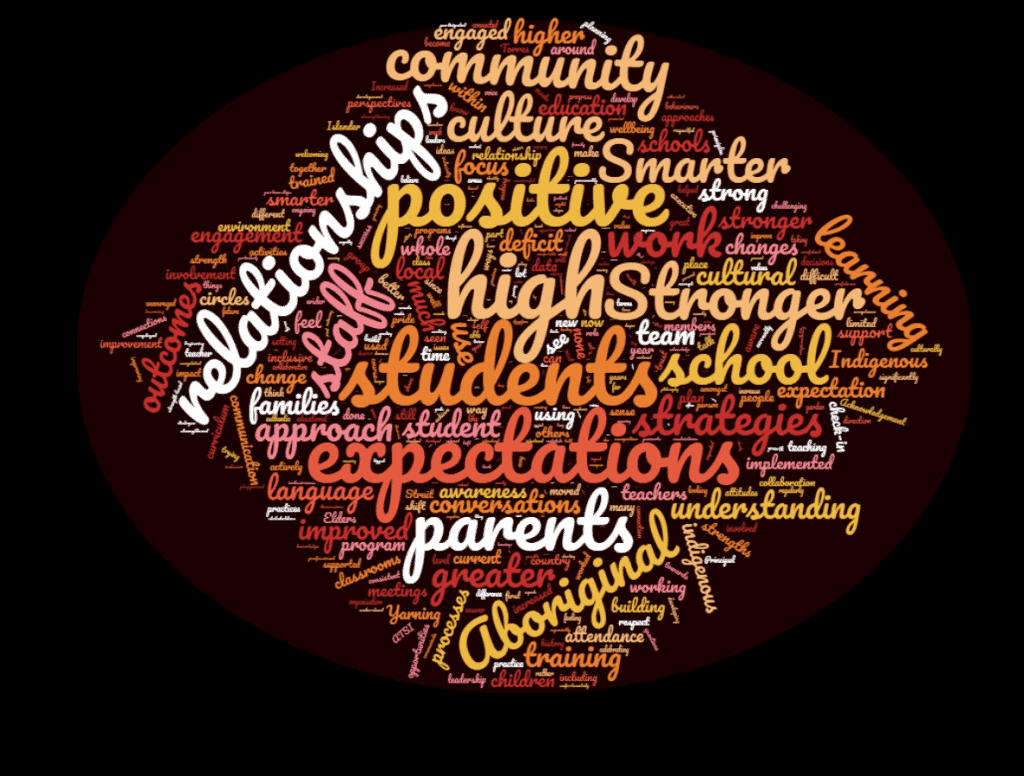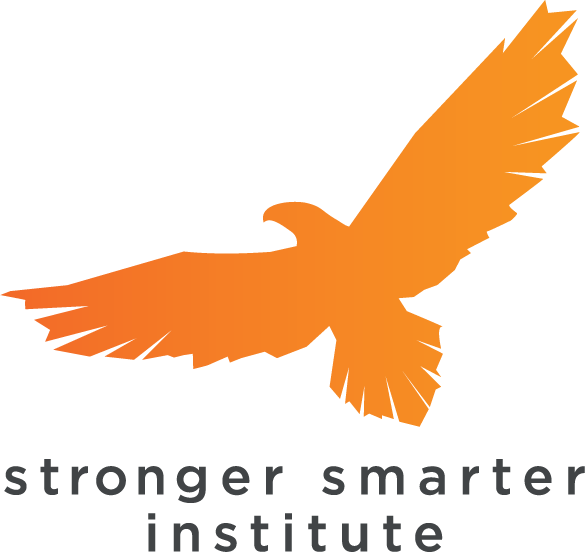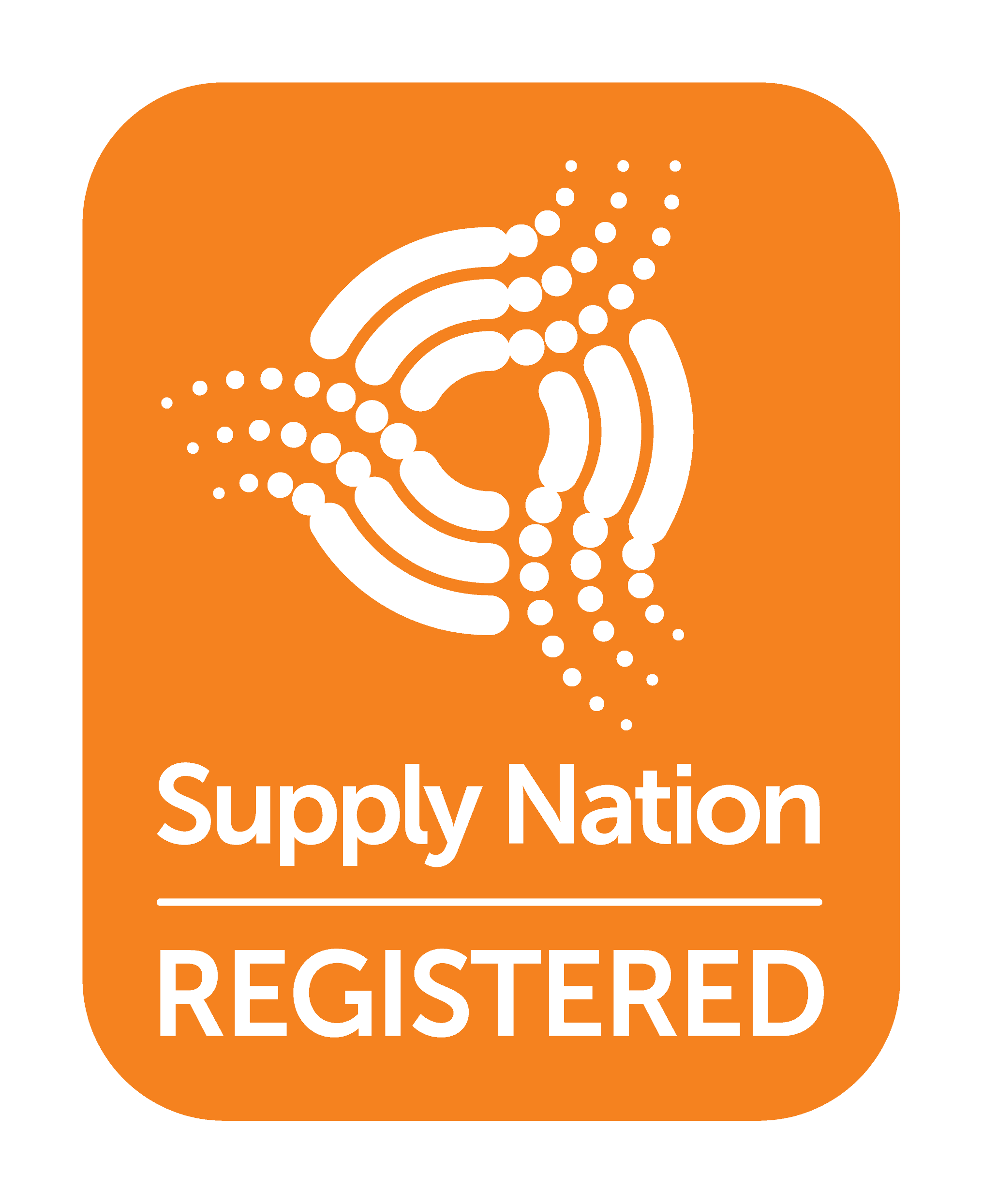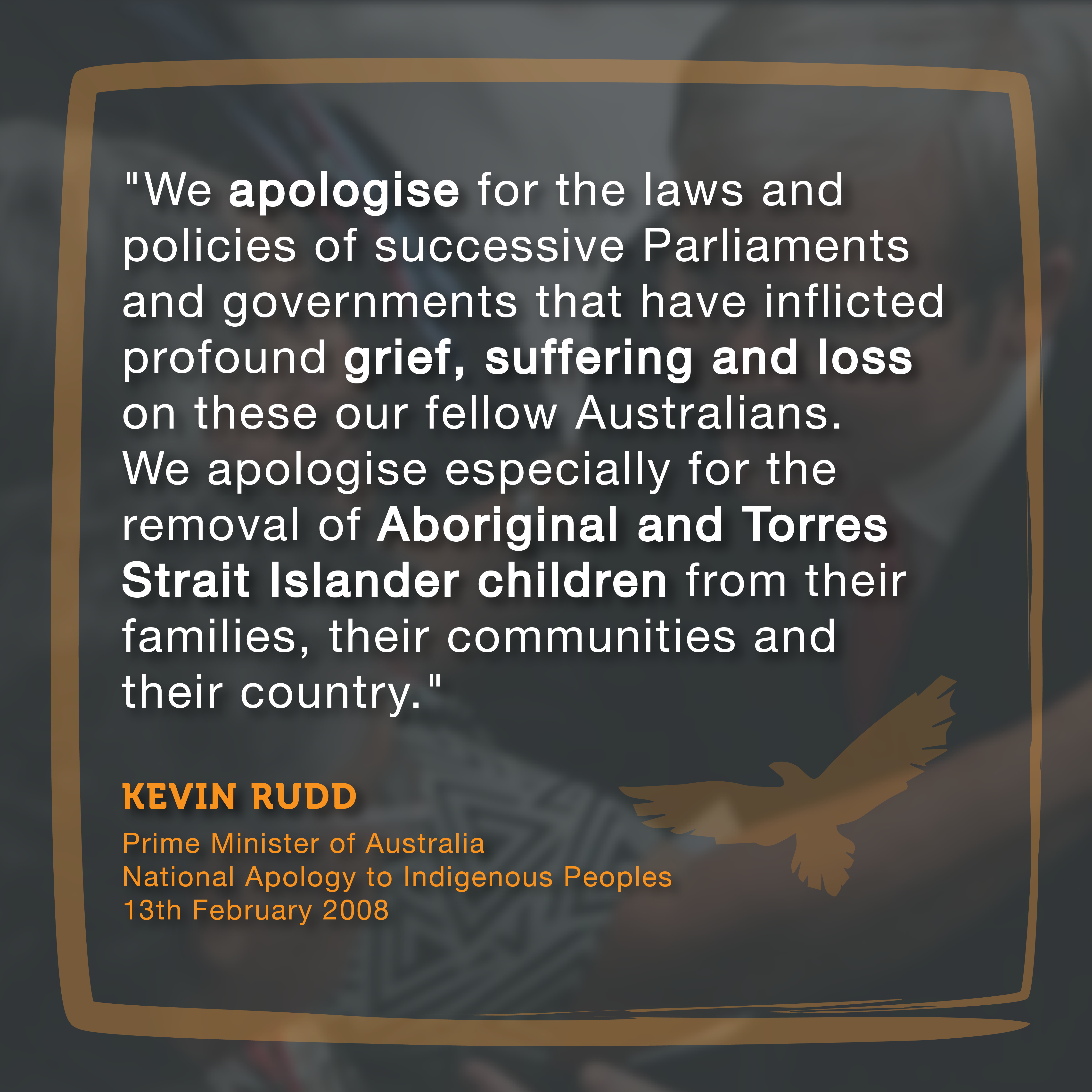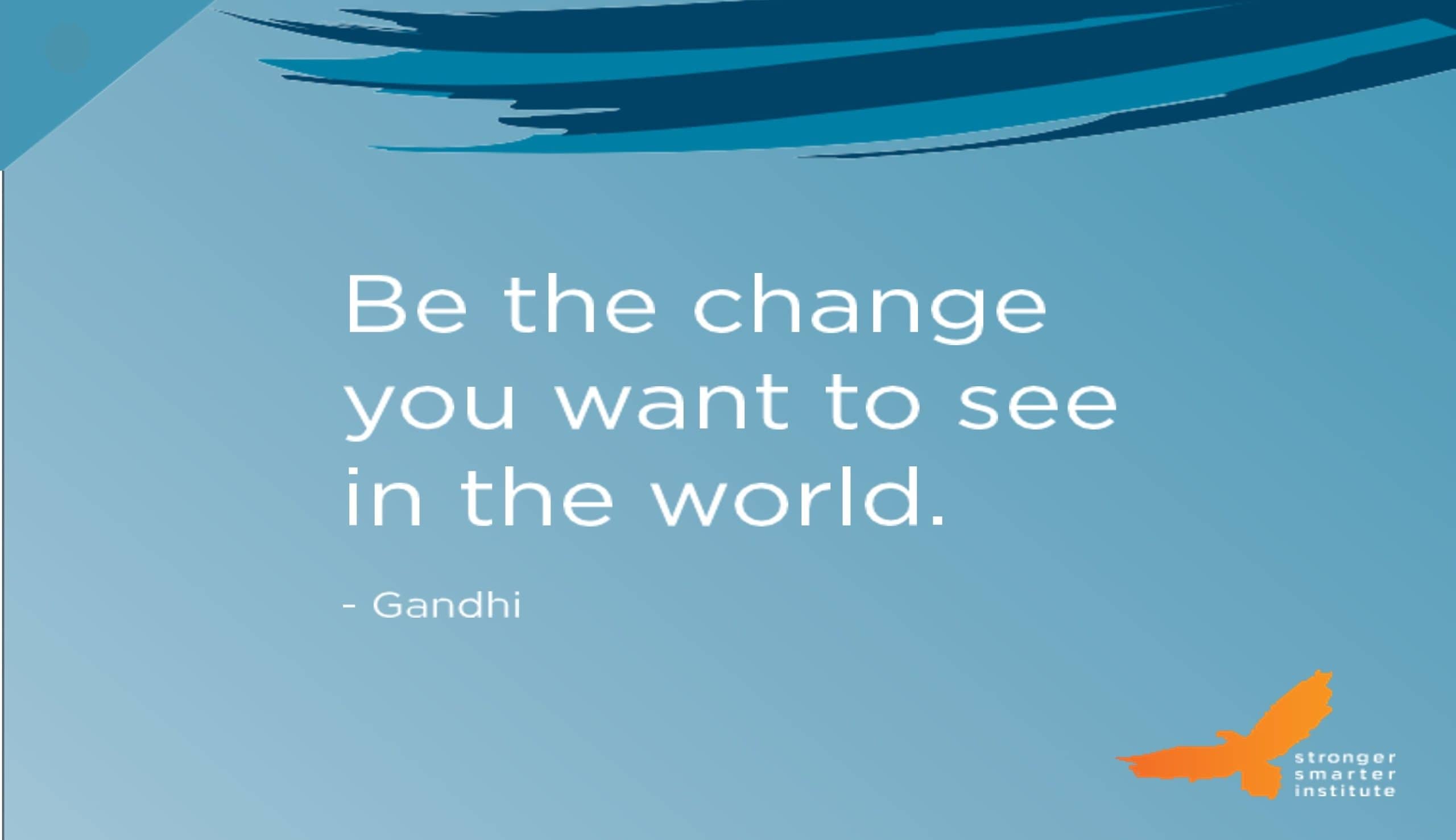11/12/2020
As the year draws to a close, we want to take the time to celebrate the wonderful work of our alumni. The results of our recent Stronger Smarter Alumni Census highlight that, despite the challenges all educators have faced this year, there continues to be an outstanding level of ongoing engagement and commitment towards transformation for Indigenous education.
Our Census takes a deep dive into the enactment of the Stronger Smarter Approach (SSA) and is one of our many checks and balances to ensure we maintain the consistent high quality of our programs. Our 826 responses, representing 25% of survey recipients, give us a great insight into how our alumni are embedding the SSA in schools across the country.
In the Census, our alumni tell us that after attending the Stronger Smarter Leadership Program (SSLP), many have changed their leadership styles and changed the way they teach. The results for students are high expectations learning environments where students believe in their own ability, feel safe to ‘have a go’, and trust their teachers to support them.
‘The most profound learning experience I have ever experienced’
While we don’t ask specific questions about the quality of the SSLP, many alumni chose to tell us how much they value the program. Alumni describe the SSLP as the ‘most influential’ or ‘most relevant’ professional development (PD) program they have undertaken, and recommend that all teachers, across Australia, should complete it.
Almost everyone who replied to the Census said the SSLP had resulted in some level of impact on their leadership, teaching or workplace practice. Over 75 percent described this as ‘considerable impact’ or ‘embedded’. The level of enacting the SSA in schools and classrooms was high, with over 75 percent of respondents completing the ‘workplace challenge’ they set for themselves during the SSLP. Over 90 percent of respondents had made some changes to the way they teach and adapted the curriculum to be more culturally responsive at least a couple of times a term. Over 75 percent had changed the way they teach on an ongoing basis.
This enacting clearly goes beyond individual workplace practice, with 80 percent of respondents saying they had worked with other staff members to implement Stronger Smarter strategies in the school.
Be the change you want to see
A major outcome from the SSLP is a greater sense of educator efficacy – educators recognise that they can ‘be the change you want to see’. In the Census, alumni report greater staff collegiality, shared visions of high expectations and better understanding of students from all cultures and backgrounds.
The SSLP introduces the idea of high-expectations relationships – finding the right balance between challenging students to have high expectations of themselves and getting to know students in order to really support their learning. Respondents report a high level of impact from the SSLP on the way they build relationships with colleagues, with students, with parents and community, and often in their personal lives. Over 85% of respondents said they had changed the way they build relationships on an ongoing basis. For many, these changes become embedded into their everyday workplace practice.
Enacting the SSA is resulting in more positive school cultures. Alumni report a ‘flipping of thinking’ to look at strengths and possibilities and a shift away from the language of deficit. They describe staff empowerment through sharing ideas and collective approaches to complex challenges and decision making. They say their schools are becoming more unified, with staff ‘pulling in the same direction’ with a clear vision and an intentional direction that everyone can follow.
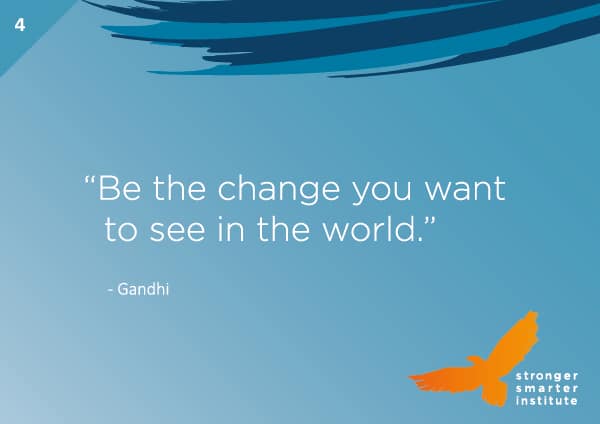
‘Our students are happier’
Most importantly, this change in school culture means students are happier at school. The school culture becomes one of wellbeing and thoughtfulness with high expectations for both staff and students. Alumni report that the changes they are making in their schools brings a greater student voice. They report that as staff build high-expectations relationships with their students, there is a greater bond of trust. Students know they have staff they can talk to and feel safe to ‘have a go’. Alumni report a greater pride in culture and greater knowledge of local Aboriginal culture and greater cultural competency for all students. There is greater community confidence and parents are more comfortable approaching the school. Alumni are reporting that these changes in school culture are resulting in improved student engagement, attendance and behaviour. This paves the way for a culture of learning.
These are a few of our initial observations from the Census results, and we look forward to sharing more results in 2021.
